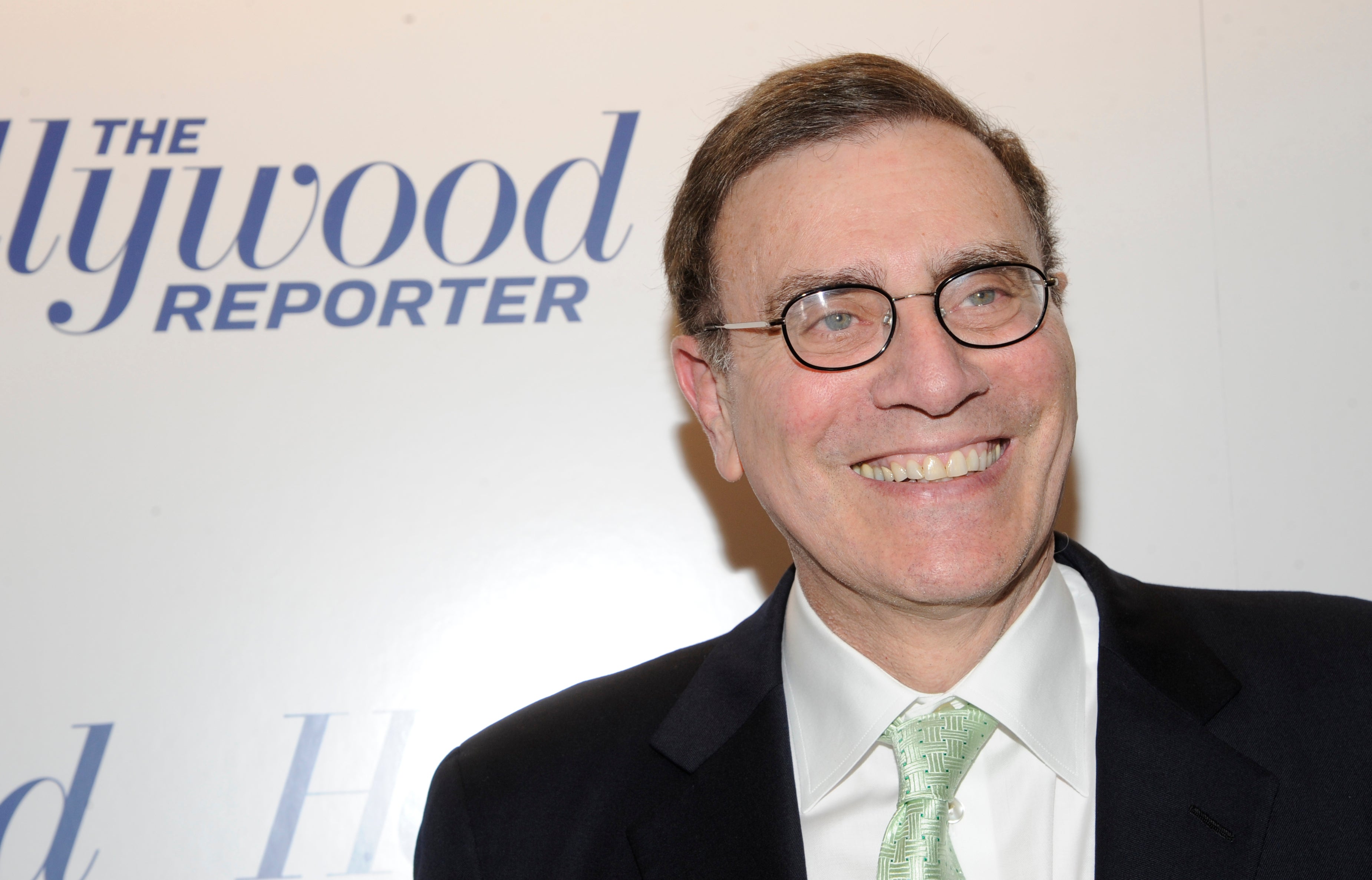Online news site The Messenger shuts down after less than a year
Ambitious online news site The Messenger has abruptly shut down after only eight months in operation

The Messenger, an ambitious online news site that billed itself as a nonpartisan digital outlet and spent some $50 million ratcheting up its business effort, abruptly shut down Wednesday after only eight months in operation.
Founder Jimmy Finkelstein sent an email to stunned employees announcing the immediate shutdown, with some 300 journalists and other workers being let go, according to the The New York Times, which first reported the news.
In his email, Finkelstein said he hadn't shared the news with employees earlier because he had been trying desperately to raise enough funds to become profitable “literally until earlier today."
“We exhausted every option available,” Finkelstein wrote, saying he was “personally devastated.”
The Messenger website carried only its name and an email address Wednesday night.
Finkelstein noted in his email that “economic headwinds have left many media companies fighting for survival.”
Indeed, The Messenger's collapse follows large-scale layoffs by once-powerful and influential outlets, including the Los Angeles Times, which cut its newsroom staff by 20% last week, as well as Sports Illustrated and Business Insider. Planned cuts also have sparked walkouts by employees at other venues, including the New York Daily News and Forbes magazine.
The Messenger was launched last May and spent heavily — some would say excessively, given the current media climate — in hopes of becoming a media heavyweight.
The company hired experienced journalists from major organizations, including The Associated Press, entered into multimillion-dollar office leases in New York, Washington D.C. and Florida, and ambitiously aimed to draw enough web traffic to reach a monthly audience of 100 million readers.
At its best, the outlet garnered only a quarter of that figure. It never turned a profit, and it burned through its cash as its ad revenues slumped.
Critics said Finkelstein was relying on an outdated business model that relied on social media distribution and searches to attract eyeballs.
BuzzFeed News, a Pulitzer Prize-winning online news outlet, was a previous victim. CEO Jonah Peretti announced last April that the outlet was shutting down after failing to turn a profit, saying that he'd been slow to accept that "the big platforms wouldn’t provide the distribution or financial support required to support premium, free journalism purpose-built for social media.”
Bookmark popover
Removed from bookmarks